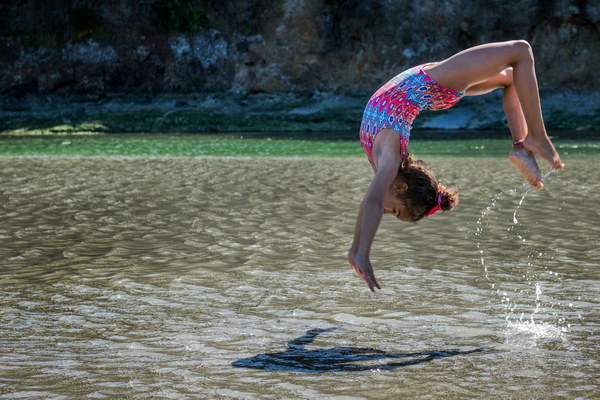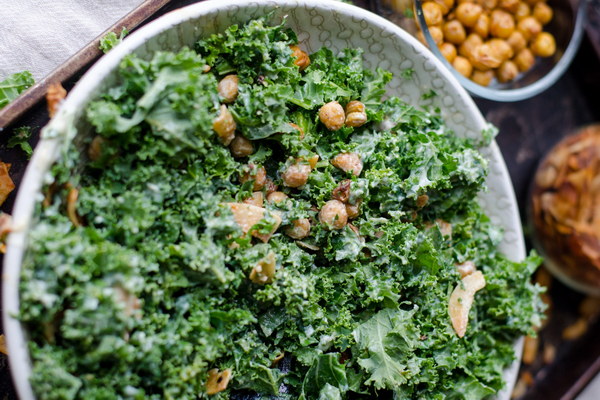Essential Fitness and Sports Training Techniques Every Professional Athlete Must Master
In the world of professional sports, the competition is fierce, and the stakes are high. To stand out and excel, athletes must possess a comprehensive understanding of the essential fitness and sports training techniques. These skills not only enhance performance but also prevent injuries and promote longevity in the sport. In this article, we will delve into the critical aspects of professional training that every athlete must master.
1. Strength Training
Strength training is the foundation of any professional athlete's regimen. It involves developing muscle mass, enhancing muscle tone, and improving overall strength. Key components of strength training include:
a. Squats: Squats are a fundamental exercise that targets multiple muscle groups, including the quadriceps, hamstrings, glutes, and lower back. They are essential for building lower-body strength and power.
b. Deadlifts: Deadlifts are a powerful exercise that builds strength in the lower back, glutes, and hamstrings. They are also beneficial for improving overall power and explosive movements.
c. Bench Press: The bench press is a crucial upper-body exercise that targets the chest, shoulders, and triceps. It helps in building muscle mass and enhancing upper-body strength.
2. Conditioning
Conditioning is the process of developing the body's ability to perform a particular sport for an extended period. It involves cardiovascular endurance, muscular endurance, and overall fitness. Key conditioning techniques include:
a. Interval Training: Interval training involves short bursts of intense exercise followed by periods of rest. This method enhances cardiovascular endurance, muscle endurance, and fat burning.
b. Circuit Training: Circuit training combines strength and conditioning exercises into a continuous sequence, allowing athletes to train multiple muscle groups simultaneously. It is effective for improving overall fitness and muscle endurance.
c. Long-Distance Running: Running long distances is essential for developing cardiovascular endurance and muscular endurance. It helps in maintaining a healthy weight, improving lung capacity, and enhancing overall fitness.
3. Flexibility and Mobility
Flexibility and mobility are crucial for preventing injuries and improving performance. Key techniques to enhance flexibility and mobility include:
a. Stretching: Regular stretching helps in improving muscle flexibility, reducing muscle soreness, and preventing injuries. Dynamic stretching before a workout and static stretching after a workout are both beneficial.
b. Yoga: Yoga is an excellent way to improve flexibility, mobility, and balance. It also helps in reducing stress and promoting overall well-being.
4. Nutrition
Nutrition plays a vital role in an athlete's performance and recovery. Key aspects of a professional athlete's nutrition plan include:
a. Balanced Diet: A balanced diet provides the necessary nutrients for energy, recovery, and muscle growth. This includes a variety of fruits, vegetables, whole grains, lean proteins, and healthy fats.
b. Hydration: Staying hydrated is crucial for maintaining optimal performance. Athletes should drink plenty of water throughout the day and during workouts.
c. Supplements: While a balanced diet should provide most of the necessary nutrients, some athletes may require supplements to meet their specific needs. It is essential to consult with a nutritionist or healthcare professional before starting any supplement regimen.
5. Mental Training
Mental training is just as important as physical training. Key techniques to enhance mental performance include:
a. Visualization: Visualization involves imagining oneself performing well in a particular sport. This technique helps in building confidence and improving performance.

b. Goal Setting: Setting specific, measurable, achievable, relevant, and time-bound (SMART) goals helps athletes stay focused and motivated.
c. Mindfulness: Mindfulness techniques, such as meditation and deep breathing, help athletes manage stress and maintain a clear mind during competition.
In conclusion, mastering essential fitness and sports training techniques is crucial for any professional athlete seeking to excel in their respective sport. By focusing on strength training, conditioning, flexibility and mobility, nutrition, and mental training, athletes can improve their performance, prevent injuries, and enhance their overall well-being.









